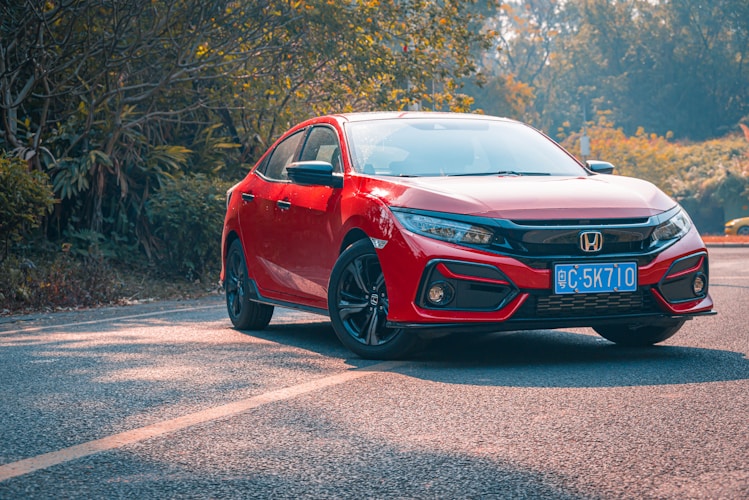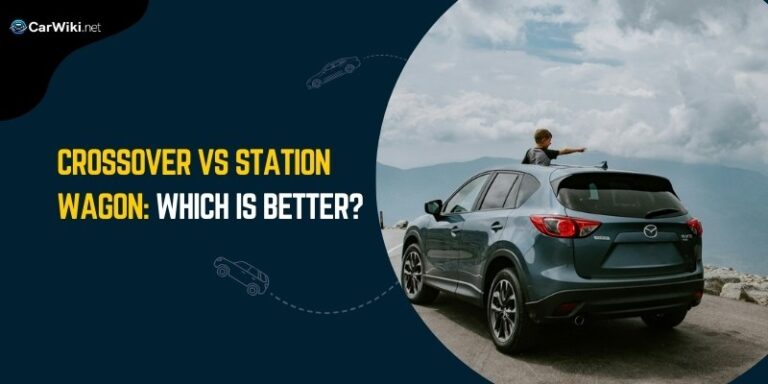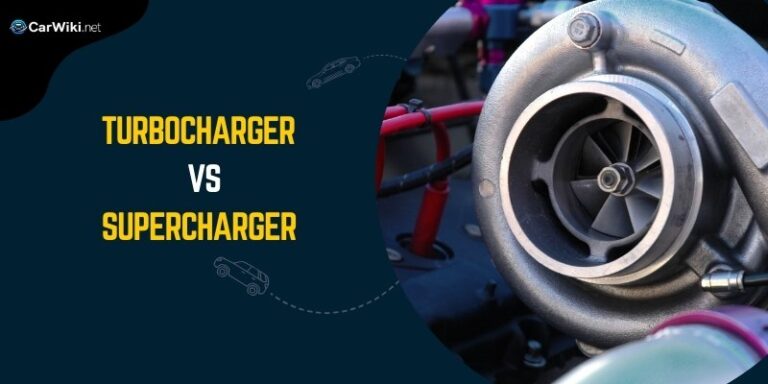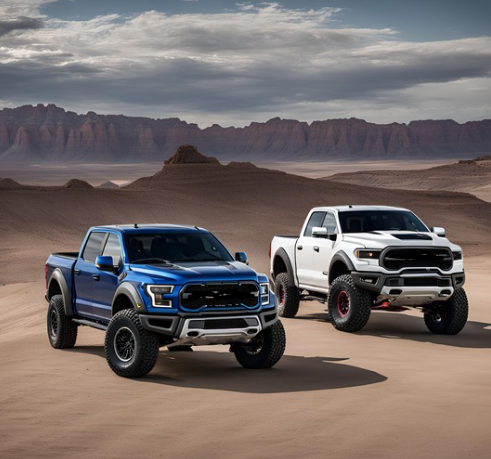FWD vs RWD: What is Best For You?

FWD vs RWD: The debate rages on. Get the facts before you choose your next ride.
The joy of being a car enthusiast is the freedom to obsess over the subtle nuances that fuel our passion.
Among the most hotly contested debates is the eternal battle of front-wheel drive (FWD) and rear-wheel drive (RWD).
Those with a penchant for spirited driving often swear by the inherent sportiness of RWD, that feeling of the car pushing you from behind, the potential for playful oversteer.
But is RWD’s ‘fun factor‘ enough to universally declare it the winner? Let’s delve a bit deeper…
The Undeniable Benefits of FWD

While RWD holds the crown of ‘driving purity’, FWD has evolved to become tremendously capable.
Packaging the engine, transmission, and driven wheels in the front creates a space-efficient layout – good news for passenger room and cargo in compact cars.
Plus, with most of the weight over those driven wheels, FWD cars excel in slippery conditions – think snowy commutes or heavy downpours.
FWD cars also tend to be more forgiving with understeer being the dominant ‘misbehavior’. For less experienced drivers, this means the car is more likely to resist turning rather than suddenly losing rear traction as you might in a RWD car.
FWD Advantages
Front-wheel drive has numerous benefits, especially when your priority is everyday drivability.
- Efficient packaging: Keeping the engine, transmission, and driven wheels all up front maximizes cabin space – great for compact cars and family vehicles.
- Good in poor weather: The weight of the engine over the front wheels provides excellent traction in rainy or snowy conditions.
- Lower cost: FWD systems are generally less complex, reducing purchase price and often lowering maintenance costs over the lifetime of the vehicle.
FWD Disadvantages
Front-wheel drive layouts do have some inherent drawbacks to consider:
- Torque steer: Under hard acceleration, the steering can tug left or right, especially in powerful FWD cars.
- Understeer tendency: In hard cornering, the front tires can lose traction first. While safer than oversteer, it does limit sporty handling.
- Less engaging feel: FWD cars can feel less responsive overall compared to a perfectly balanced RWD machine.
When RWD Reigns Supreme

Rear-wheel drive cars deliver an undeniably different experience. That balanced weight distribution with the steering and driving forces separated yields a natural athleticism that’s hard to replicate.
It’s a reason why serious sports cars, from Porsches to classic Mustangs, often favor RWD layouts.
If your dream garage features a track-ready machine, RWD will likely be at the top of your list.
Related Article: Porsche Cayman Alternatives
Let’s not forget that the lack of mechanical constraints on those front wheels allows for sharper steering response.
Throw in the classic RWD oversteer tendency (a favorite of drifting enthusiasts), and you have the recipe for an undeniably fun driving experience.
RWD Advantages
When it comes to the sheer joy of driving, RWD layouts offer a unique allure. Here’s why enthusiasts crave that rear-wheel push:
- Superior balance: Having the engine up front and the drive wheels in the back creates a more even weight distribution; key for optimal handling.
- Sharper steering: With no driveshafts to accommodate, front wheels in a RWD car can turn at more extreme angles, providing a more direct steering feel.
- Oversteer potential: While potentially tricky for the inexperienced, experienced drivers can use a RWD car’s tendency to oversteer for spectacular cornering maneuvers and track-day thrills.
RWD Disadvantages
A rear-wheel drive layout does come with some compromises compared to FWD:
- Less interior space: RWD cars need room for the transmission and driveshaft running to the rear of the car, potentially reducing cabin and cargo space.
- Trickier in bad weather: RWD cars can become a handful in rain and snow as the rear wheels are more prone to losing traction.
- Generally more expensive: The added mechanical complexity of RWD systems can push up the base price and maintenance costs.
The Everyday vs. The Enthusiast
Which drivetrain wins depends heavily on your priorities.
- The daily grind: FWD’s practicality, foul-weather prowess, and generally lower cost of ownership make it ideal for daily commutes and family duties. Think Honda Civics and Toyota Camrys dominating the roads with good reason.
- Weekend warriors: If twisty backroads and spirited driving are your thing, RWD delivers that special feeling that FWD can’t quite match. Iconic cars like the Mazda MX-5 Miata and BMW’s 3-Series wouldn’t be the same if they drove the front wheels.
The Verdict: It Depends on Your Priorities
As with most automotive decisions, there’s no single “best” answer regarding FWD vs RWD. The ideal drivetrain layout depends entirely on your individual needs and priorities:
- Driving Enthusiasts: If you crave an engaging drive, prioritize handling prowess, and relish the occasional slide, RWD is likely your preferred pick. It’s the drivetrain of choice for sports cars and drift enthusiasts.
- Practical Motorists: For those who value space, cost-effectiveness, and a predictable driving experience, FWD offers a sensible and reliable choice, especially for daily commuting.
- Weather Worriers: Residing in snowy climates? FWD provides added confidence and traction during those winter months compared to RWD.
The Wonderful World of Choice
The great news is that today’s car market caters to every need and desire. There are incredible FWD hot hatches that can embarrass pricier RWD sports cars on a track.
Likewise, some modern RWD cars offer surprisingly spacious interiors and all-wheel-drive systems for tackling bad weather.
The FWD vs RWD debate is a testament to the brilliant diversity of the automotive world.
Rather than pick an outright winner, let’s celebrate the fact that whether you crave practicality or driving thrills, there’s a perfect automotive companion out there for you!
Check out more comparisons on our site:





